‘Why Wouldn’t They Want a Woman?’: Demi Moore Admits To ‘Provocative’ Career Choices, And Amy Adams Reacts
Variety’s Actors on Actors series has launched. Featuring plenty of actors from this year’s awards season films, one conversation between Amy Adams and Demi Moore stood out thanks to a pivotal talking point. The two actors discussed how they chose a role and its relationship with preconceived notions about women. The moment came during the conversation when Amy Adams expressed her admiration for Demi Moore and her impact on her and others’ careers. Moore humbly and enthusiastically reiterated that the choices she’s made for her career that have impacted audiences were also chosen to challenge herself. When talking about the process of picking a role to play based on the scripts given, Moore would tell Adams: “I feel like I’ve had a thread of choices that have been provocative,” she said. “For me, it’s never been for the sake of being provocative. It’s really been in exploring a fascinating question. Usually, it’s something that’s challenging me, or I hope will challenge the status quo. For me, with G.I. Jane, when I read that story, I thought, ‘Wow, this is really interesting. Why wouldn’t they want a woman to do this if she was really good at it?’ And so that was an interesting exploration for me of what are the elements of againstness with this.” Related: ‘Desperate To Be Seen as Relatable:’ The Internet Is Roasting Ryan Reynolds Over His Comments on Blake Lively’s Childhood G.I. Jane, which Ridley Scott directed, is a fictional story, a hypothetical scenario involving the first woman (played by Moore) to undergo special operations training akin to the Navy SEALs. What called Moore to the role more than anything, as described in the Actors on Actors Interview, is how she sought to find out for herself why the U.S. Military (at the time the film was conceived) wouldn’t want a woman to undergo that specific type of training. However, Moore also said in the interview that she doesn’t seek out roles that break the norm, like G.I. Jane, to “disrupt” but simply out of “a desire to question something” that hasn’t made sense to her for being a certain way, such as societal gender roles. Adams quickly agreed with Moore’s thought process, saying that “it’s never about that” in regards to trying to “disrupt,” as Moore so aptly put it. In living up to their philosophies, Moore and Adams have chosen incredibly thought-provoking films to star in this year. Both Adam’s Nightbitch and Moore’s The Substance provide stark commentary on gender stereotypes and body positivity, albeit in two extremely different ways. The Substance takes a much more body horror approach, with Moore providing a manic and heartbreaking performance as an actor who believes she is past her prime physically. Nightbitch ponders on the societal pressures of parenthood, as Adams’ struggles as a mother manifest into her transforming into a dog at night. Variety’s Actors on Actors series continues to shed a fascinating light on actors’ personal beliefs and philosophies, especially in how they affect their craft. Moore’s need to be a part of projects that question things she believes are unjust is admirable and makes her diverse filmography and her latest body horror film feel incredibly impactful and enjoyable.
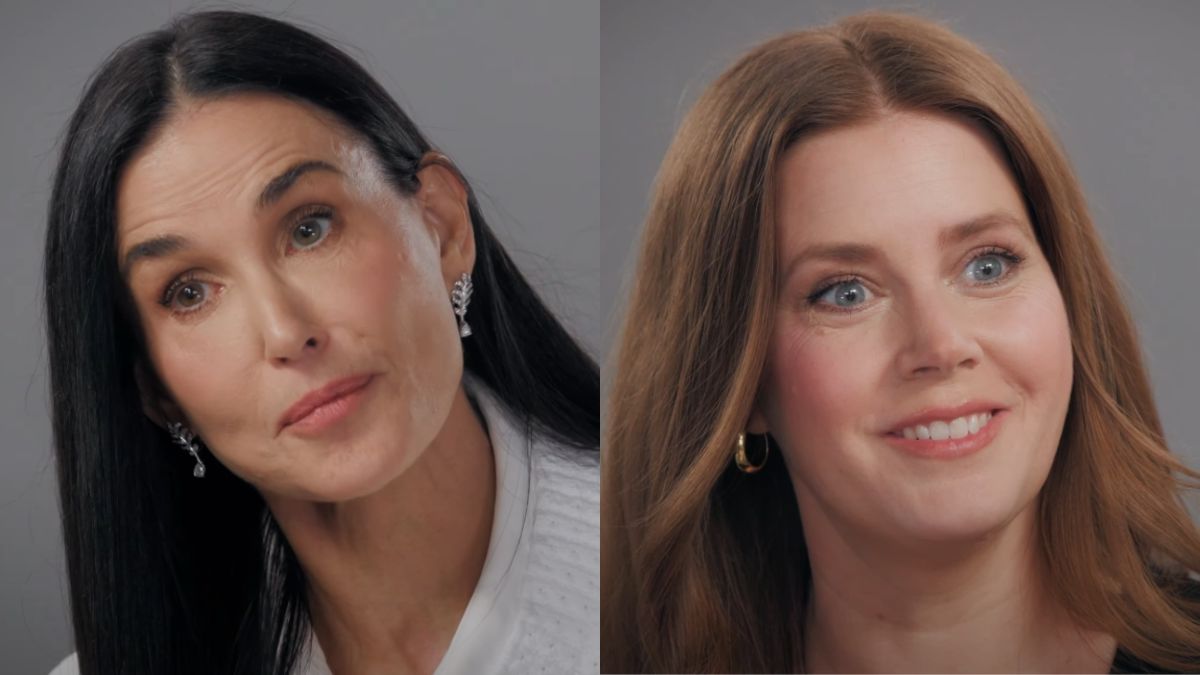
Variety’s Actors on Actors series has launched. Featuring plenty of actors from this year’s awards season films, one conversation between Amy Adams and Demi Moore stood out thanks to a pivotal talking point. The two actors discussed how they chose a role and its relationship with preconceived notions about women.
The moment came during the conversation when Amy Adams expressed her admiration for Demi Moore and her impact on her and others’ careers. Moore humbly and enthusiastically reiterated that the choices she’s made for her career that have impacted audiences were also chosen to challenge herself. When talking about the process of picking a role to play based on the scripts given, Moore would tell Adams:
“I feel like I’ve had a thread of choices that have been provocative,” she said. “For me, it’s never been for the sake of being provocative. It’s really been in exploring a fascinating question. Usually, it’s something that’s challenging me, or I hope will challenge the status quo. For me, with G.I. Jane, when I read that story, I thought, ‘Wow, this is really interesting. Why wouldn’t they want a woman to do this if she was really good at it?’ And so that was an interesting exploration for me of what are the elements of againstness with this.”
G.I. Jane, which Ridley Scott directed, is a fictional story, a hypothetical scenario involving the first woman (played by Moore) to undergo special operations training akin to the Navy SEALs. What called Moore to the role more than anything, as described in the Actors on Actors Interview, is how she sought to find out for herself why the U.S. Military (at the time the film was conceived) wouldn’t want a woman to undergo that specific type of training.
However, Moore also said in the interview that she doesn’t seek out roles that break the norm, like G.I. Jane, to “disrupt” but simply out of “a desire to question something” that hasn’t made sense to her for being a certain way, such as societal gender roles. Adams quickly agreed with Moore’s thought process, saying that “it’s never about that” in regards to trying to “disrupt,” as Moore so aptly put it.
In living up to their philosophies, Moore and Adams have chosen incredibly thought-provoking films to star in this year. Both Adam’s Nightbitch and Moore’s The Substance provide stark commentary on gender stereotypes and body positivity, albeit in two extremely different ways. The Substance takes a much more body horror approach, with Moore providing a manic and heartbreaking performance as an actor who believes she is past her prime physically. Nightbitch ponders on the societal pressures of parenthood, as Adams’ struggles as a mother manifest into her transforming into a dog at night.
Variety’s Actors on Actors series continues to shed a fascinating light on actors’ personal beliefs and philosophies, especially in how they affect their craft. Moore’s need to be a part of projects that question things she believes are unjust is admirable and makes her diverse filmography and her latest body horror film feel incredibly impactful and enjoyable.
What's Your Reaction?













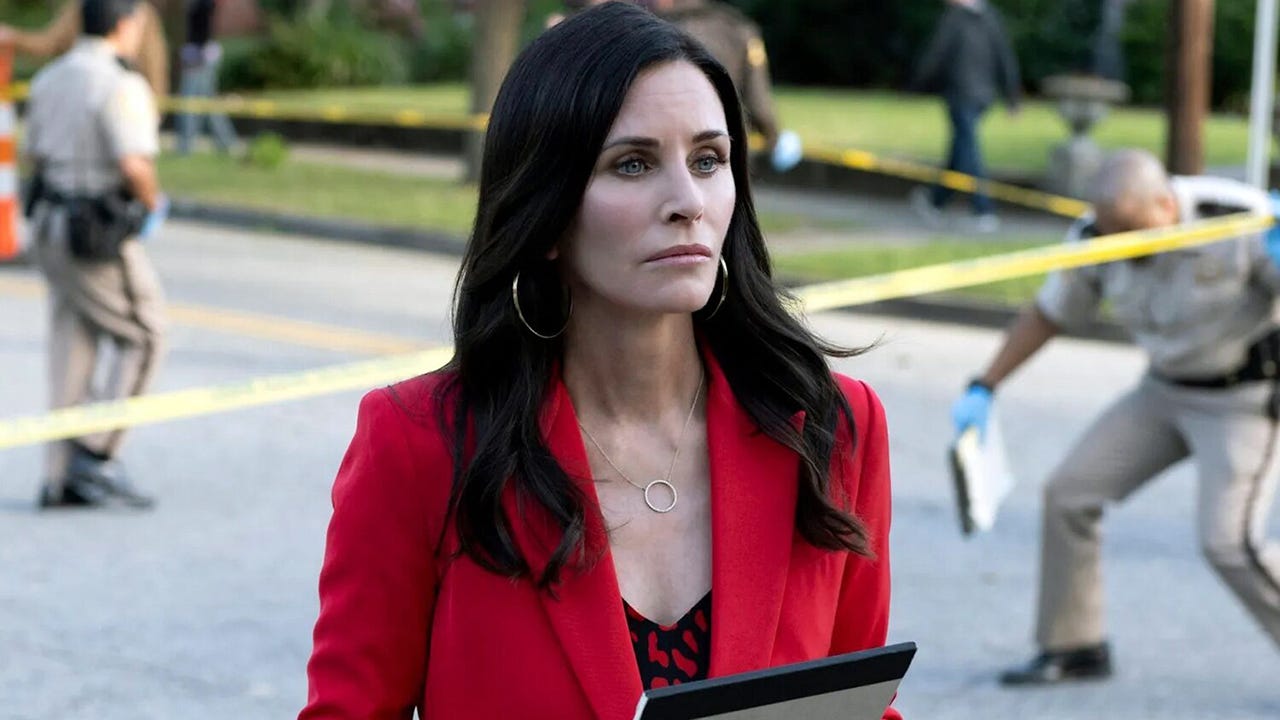















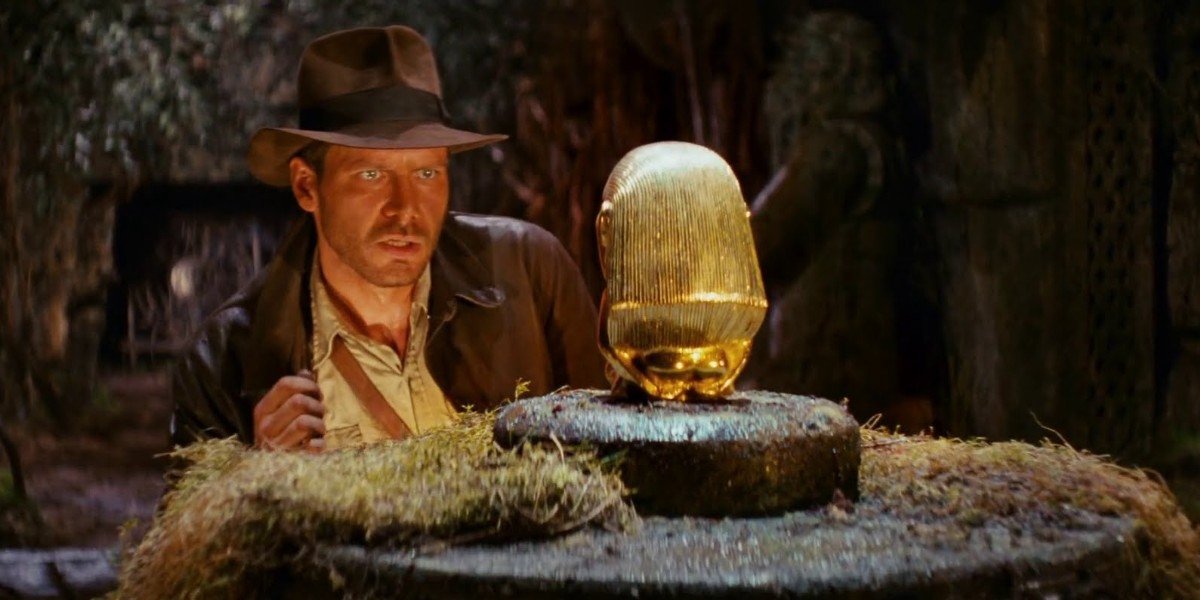







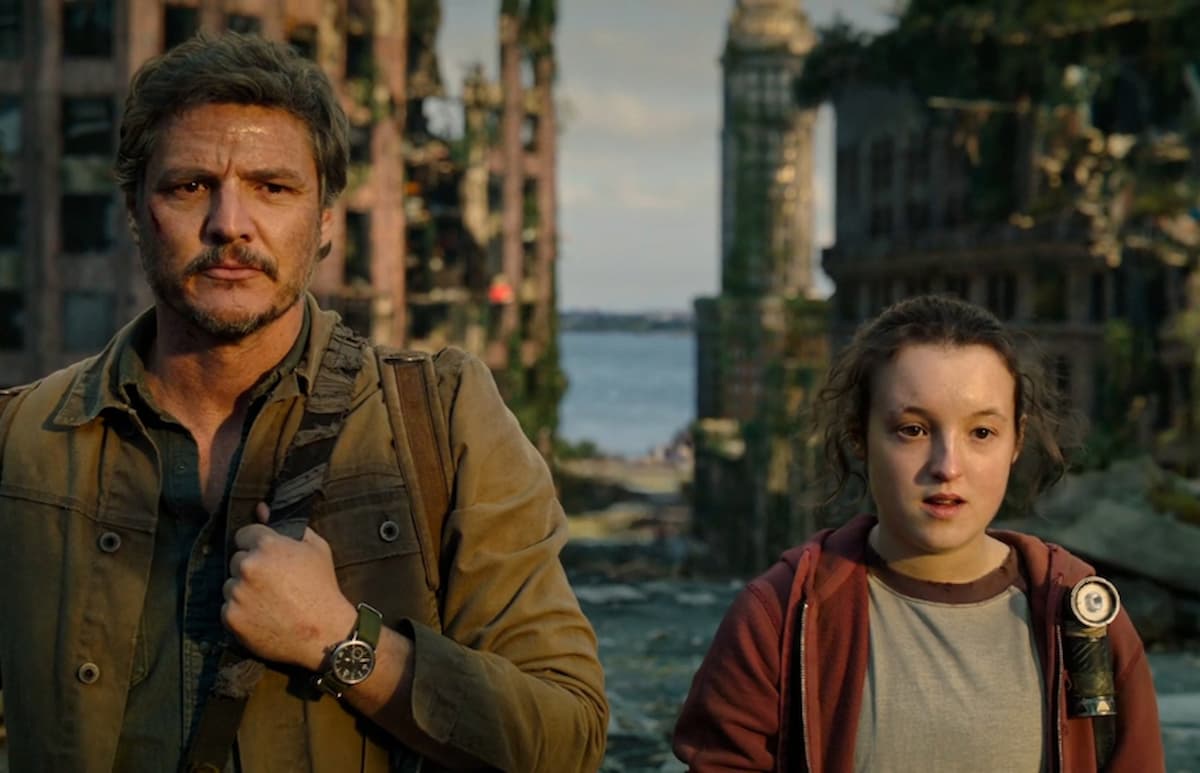


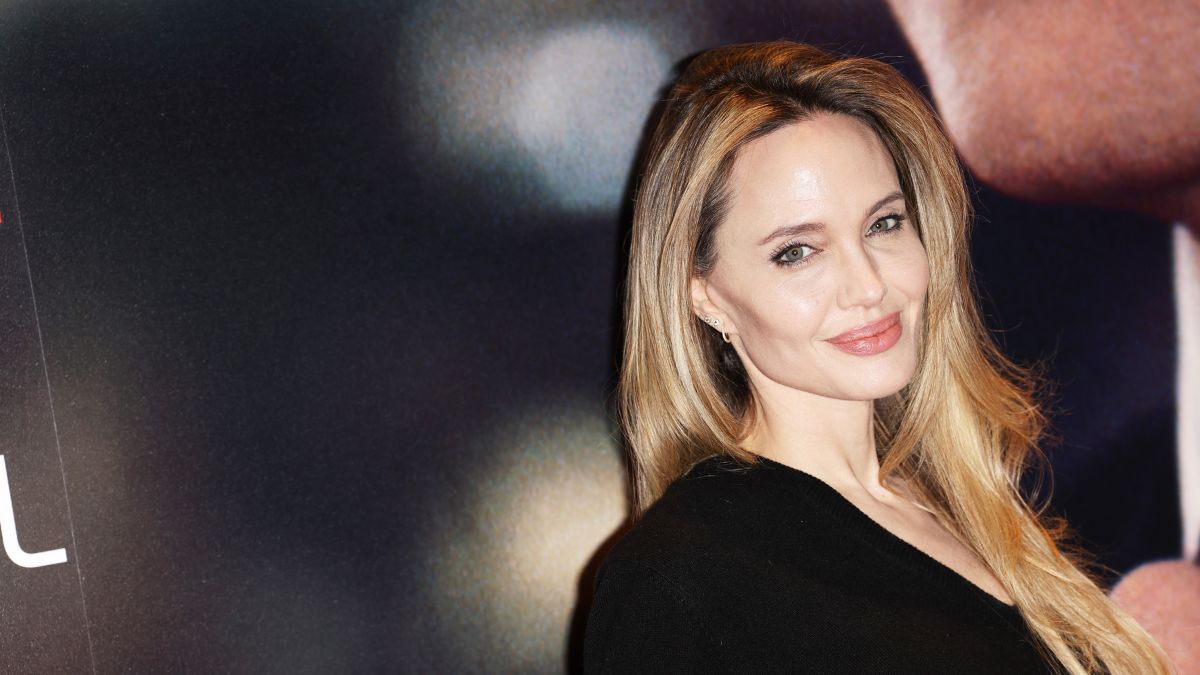







![Sonic the Hedgehog 3 Provides Everything a Sonic Fan Could Want [Review]](https://www.escapistmagazine.com/wp-content/uploads/2024/12/sonic3header.jpg?fit=1024%2C575)






